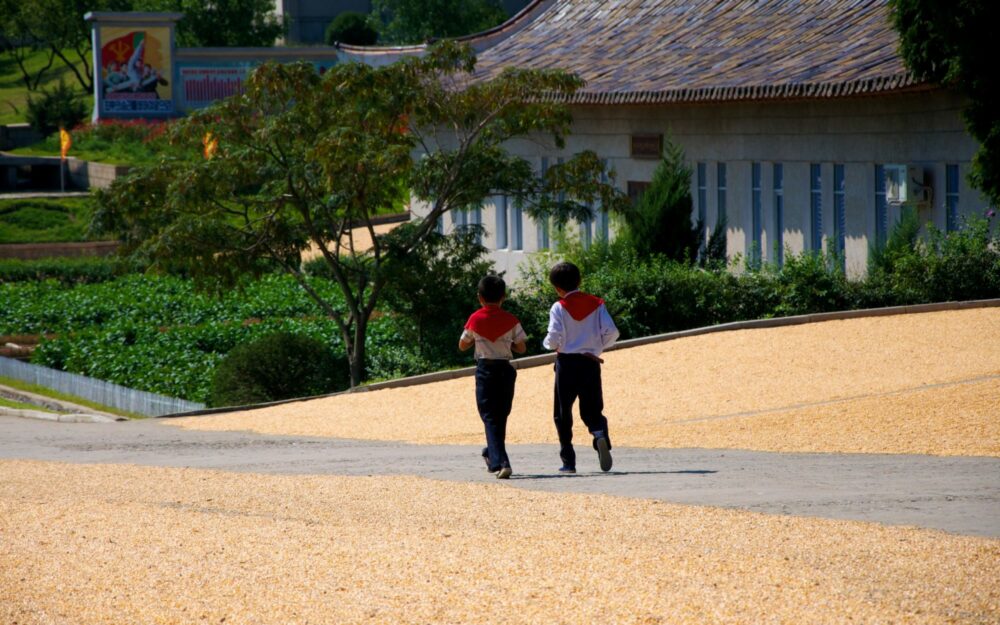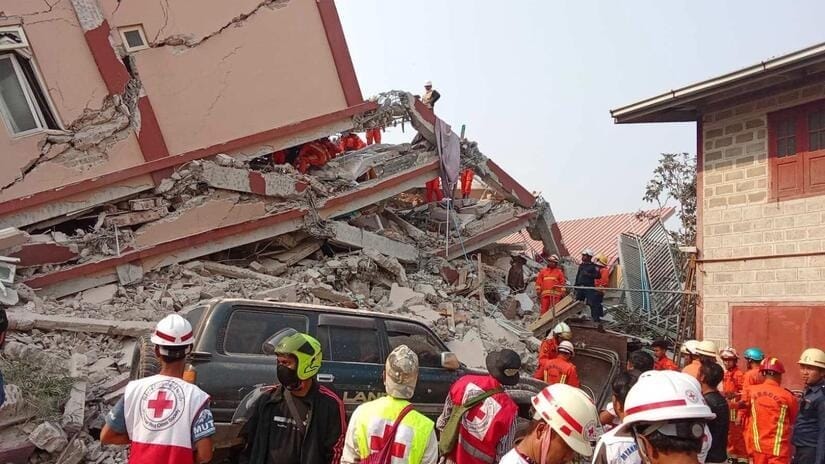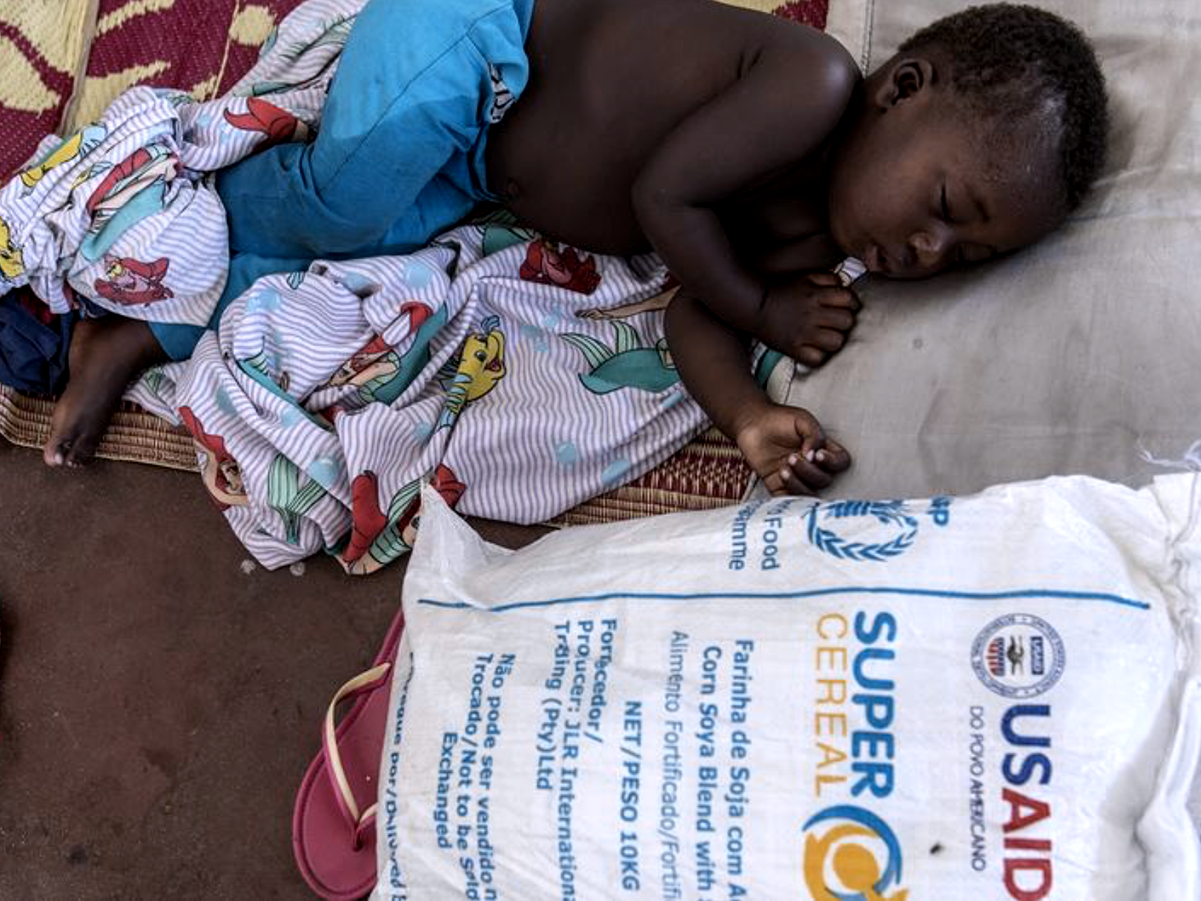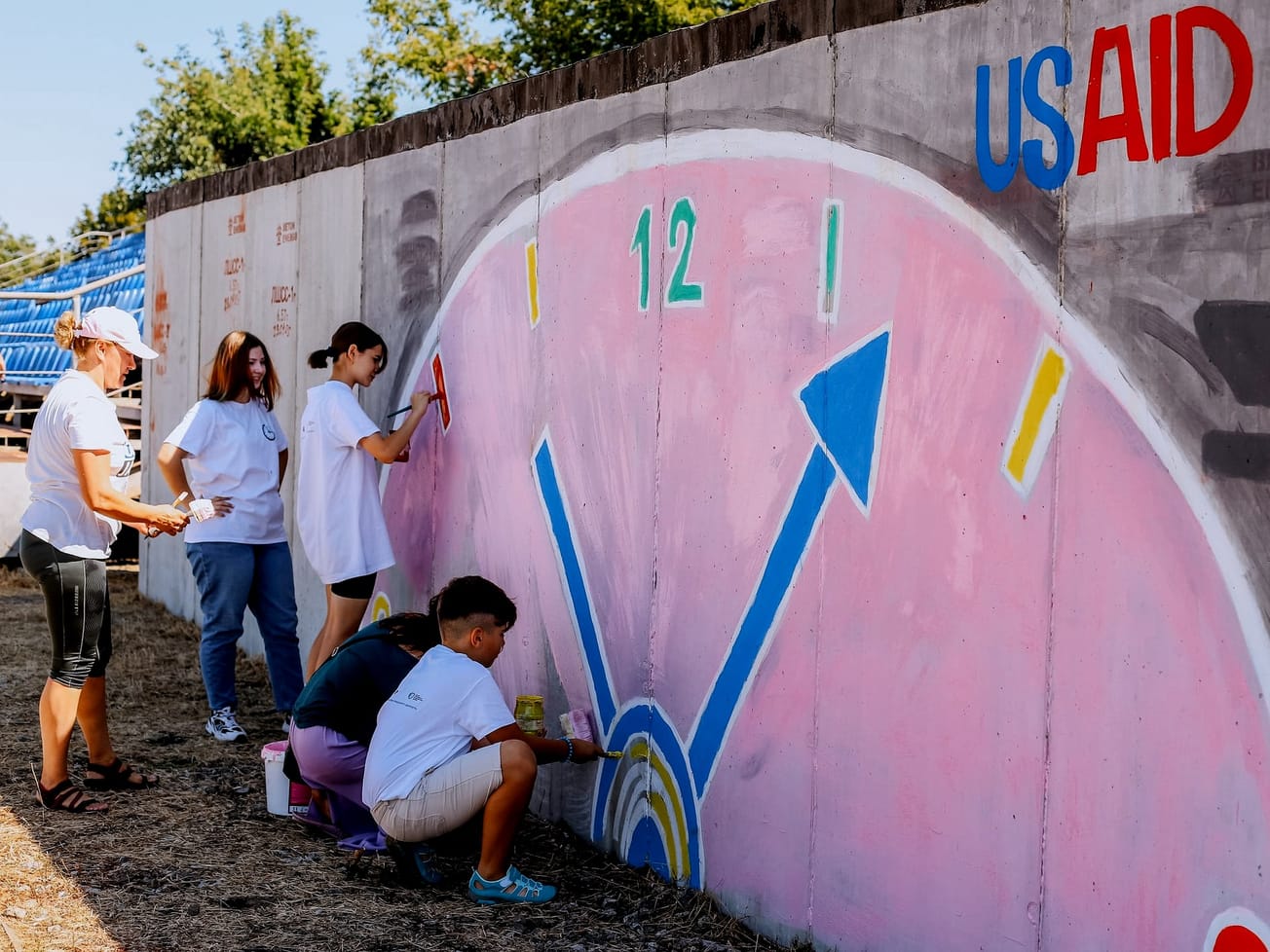GENEVA (AN) — The U.N.'s top humanitarian official paid a rare visit to North Korea, meeting with other aid providers and some of the more than 10 million people who need outside help.
With his three-day visit, Mark Lowcock, head of the United Nations' Office for the Coordination of Humanitarian Affairs, became OCHA's first official to visit the isolated nation since 2011.









